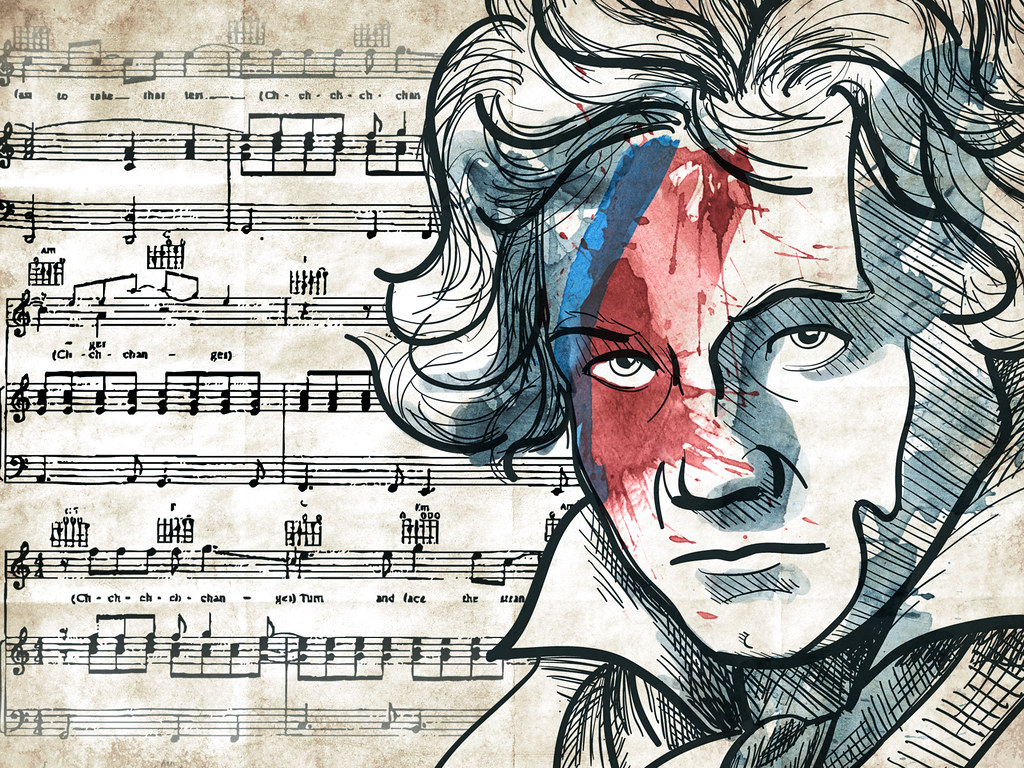Ludwig van Beethoven was one of the most influential composers in the history of Western music. His works spanned the transition from the Classical to the Romantic era, and he left a lasting legacy for generations of musicians. Here are seven facts about Beethoven that you might not know:
- Beethoven was born in December 1770 in Bonn, Germany. The exact date of his birth is unknown, but he was baptized on December 17. He later learned that he was two years older than he thought he was.
- Beethoven’s father and grandfather were both musicians in the service of the archbishop-elector of Cologne. His father, Johann, was a harsh and abusive teacher who wanted to make his son a child prodigy like Mozart. He would often beat him and force him to practice for hours .
- Beethoven had a chance to meet Mozart when he was 17 years old. He traveled to Vienna and played for him. Mozart was impressed by his talent and reportedly said, “Keep your eyes on him; someday he’ll give the world something to talk about.”
- Beethoven studied with Joseph Haydn, the father of the symphony, after he moved to Vienna in 1792. However, their relationship was not very harmonious. They had different personalities and musical styles, and they often argued and criticized each other.
- Beethoven began to lose his hearing when he was in his late twenties. He suffered from a constant ringing in his ears, which made it difficult for him to hear music and communicate with others. He tried various remedies, but none of them worked. By the time he was 46, he was completely deaf .
- Beethoven composed some of his greatest works after he became deaf. He used his inner ear and his memory to create music that expressed his emotions and ideals. Some of his masterpieces from this period include the Ninth Symphony, the Missa Solemnis, and the late string quartets.
- Beethoven died on March 26, 1827, at the age of 56. The cause of his death is still uncertain, but it may have been due to several diseases, such as cirrhosis, syphilis, lead poisoning, or an infection. His funeral was attended by thousands of people who admired his music and his spirit.


Comments are closed